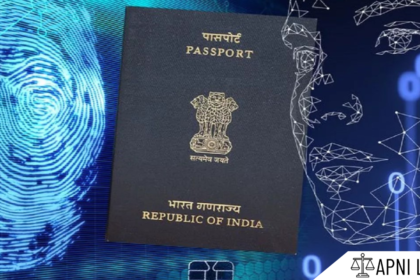Code
(1) In all trials before a Court of Session, the evidence of each witness shall, as his examination proceeds, be taken down in writing either by the presiding Judge himself or by his dictation in open Court, or under his direction and superintendence, by an officer of the Court appointed by him in this behalf.
1[(2) Such evidence shall ordinarily be taken down in the form of a narrative, but the presiding Judge may, in his discretion, take down, or cause to be taken down, any part of such evidence in the form of question and answer.]
(3) The evidence so taken down shall be signed by the presiding Judge and shall form part of the record.
Explain it
This section mandates the Court of Session to maintain a detailed record of the trial proceedings. The record includes:
- Charge: The specific charges against the accused.
- Plea: The accused’s plea to the charges.
- Evidence: All evidence presented by the prosecution and the defense, including witness statements, exhibits, and documents.
- Arguments: Arguments presented by both sides during the trial.
- Judgment: The final judgment delivered by the Court, including the reasons for the verdict.
The purpose of maintaining this record is to ensure transparency and accountability in the judicial process. It allows for appeals and review of the trial proceedings.
Illustrate it
Suppose a person is charged with murder before the Court of Session. The record of the trial will include:
- The formal charge of murder.
- The accused’s plea of guilty or not guilty.
- The prosecution’s evidence, including eyewitness accounts, forensic evidence, and the accused’s confession.
- The defense’s evidence, such as alibis, character witnesses, and expert testimony.
- Arguments made by the prosecution and defense.
- The Court’s final judgment, which may include a conviction or acquittal.
Common Questions and Answers
Q: What happens if the record of trial is incomplete?
A: The Court may order the completion of the record, or the trial may be set aside in certain cases.
Q: Can the record of trial be used in other legal proceedings?
A: Yes, the record of trial can be used as evidence in other legal proceedings, such as appeals or civil lawsuits.








